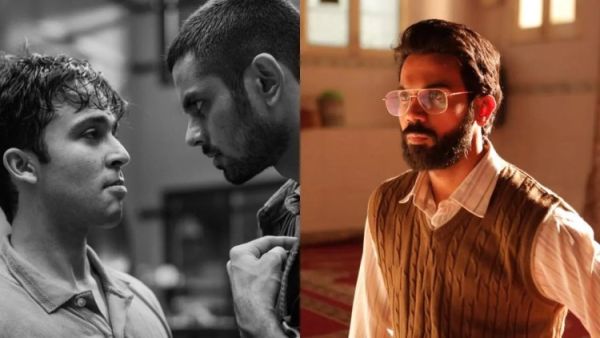
Filmmaker Hansal Mehta reexamined movies like Omerta and Faraaz a few days after the horrific assault in Pahalgam that killed 26 innocent people and discussed how they represented the times. The director said that when he produced these kinds of movies, people asked him questions. He discussed the importance of telling, hearing, and comprehending such tales.

Hansal Mehta considers his movies
Mehta wrote a lengthy essay about the value of tales that are relevant to our times on his X profile, which was originally Twitter. “I’m sorry to have to say this.
However, it must be said – once more,” he wrote.
“Faraaz, Omertà, and Shahid were more than simply movies. These discussions regarding the times we live in were vital. They discussed radicalization, state-sponsored terror, and the deliberate brainwashing of young people into violence.
“What transpired in Pahalgam today chillingly mirrors the incidents we portrayed in Omertà and Faraaz. Omertà was an honest, unvarnished examination of the evil forces that support and encourage such horrible deeds. Tragically, Faraaz demonstrated how violence affects innocent people in the name of faith. He offered a short explanation of the videos, saying, “Shahid was a plea for reform, for reclaiming our youth before they fall prey to hate.”
Hansal was questioned for producing these kinds of movies.
The director also remembers being asked why he made the films he did. When Omertà and Faraaz were out, in particular, I recall being asked, “Why this story?”
“Why this emphasis?”
“Are you trying to reach a community?”
No.
These tales describe a system that transcends national boundaries and religious beliefs: a machine of dread and hate.
A breeding-division-thriving system.
A system that normalizes fear, celebrates killing, and brainwashes children.
Every time a tough reality is revealed, it is simple—comfortable even—to engage in moral grandstanding.”
“Is it really woke to deny the disease?” he asked further. To turn a blind eye because facing it is difficult? It is cowardice, in my opinion. It’s also risky. We have to quit averting our eyes. We need to confront this illness and bigotry head-on. We can’t even start the healing process till then.